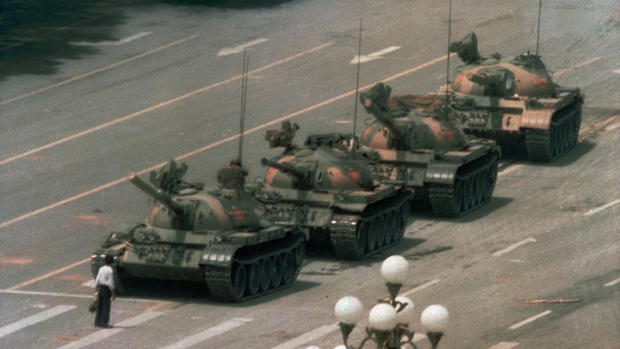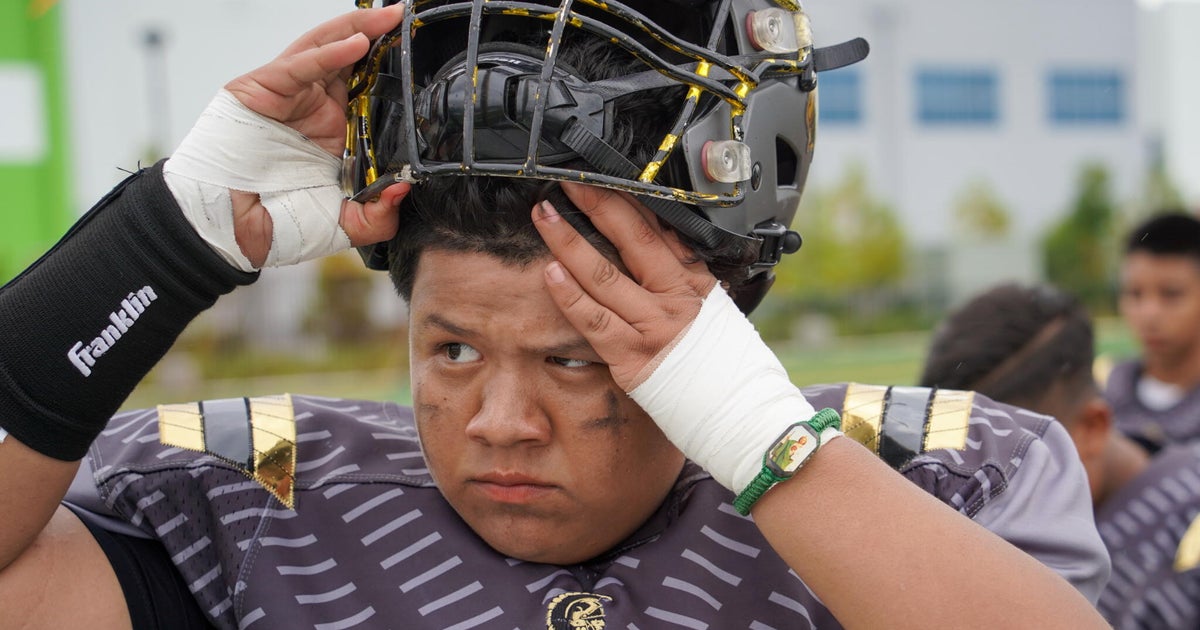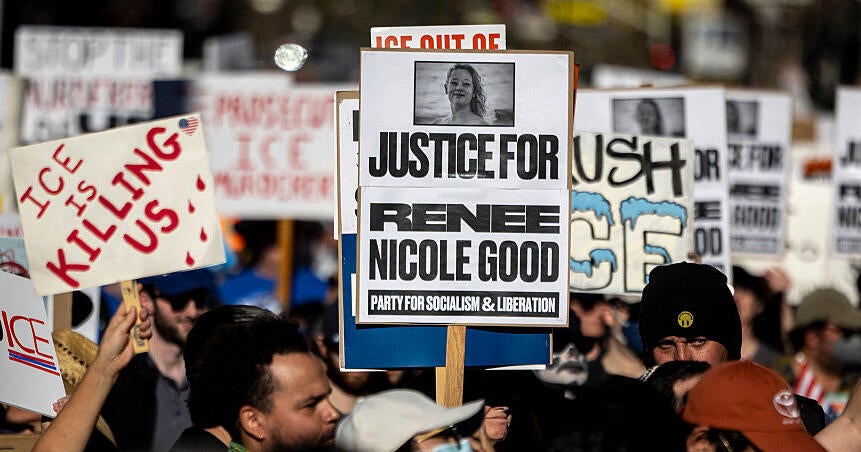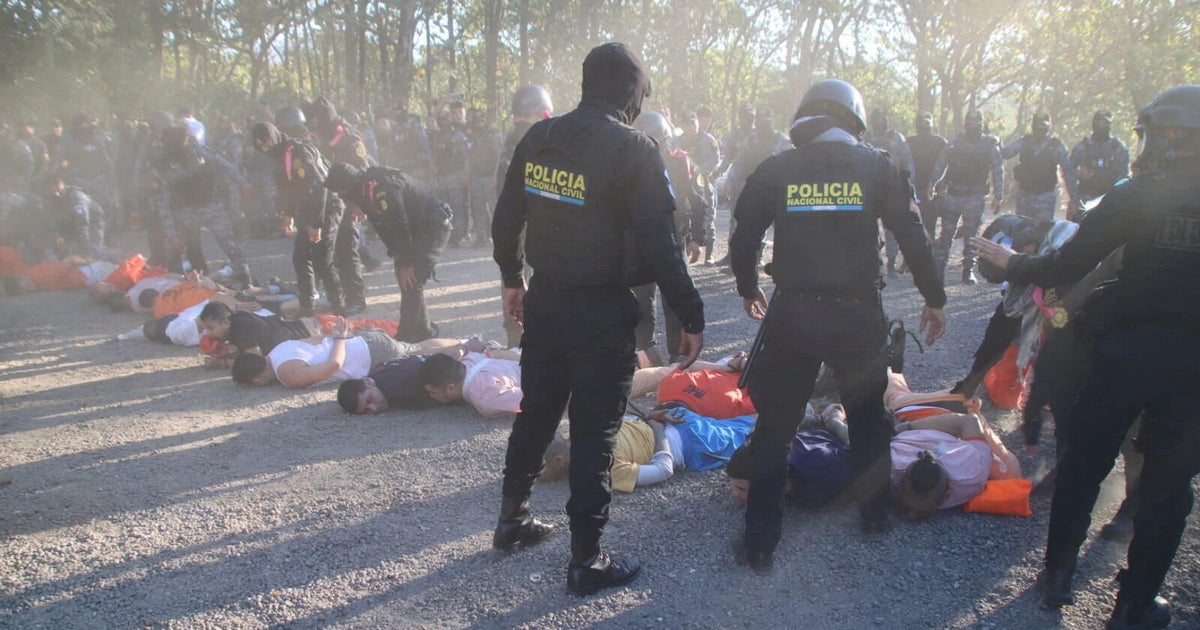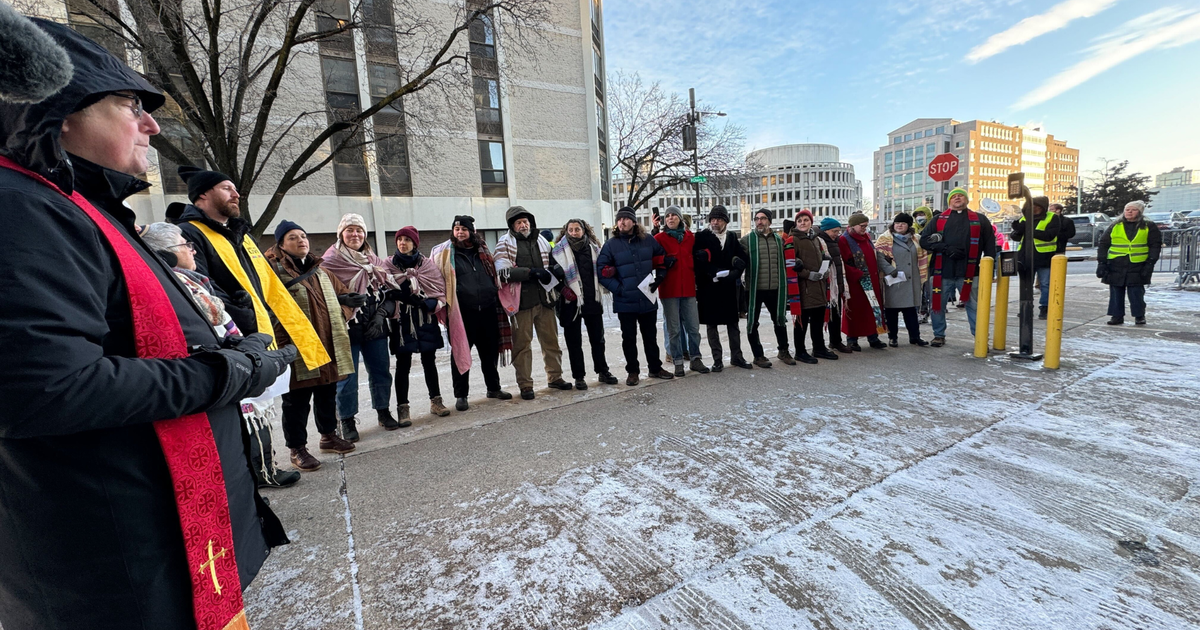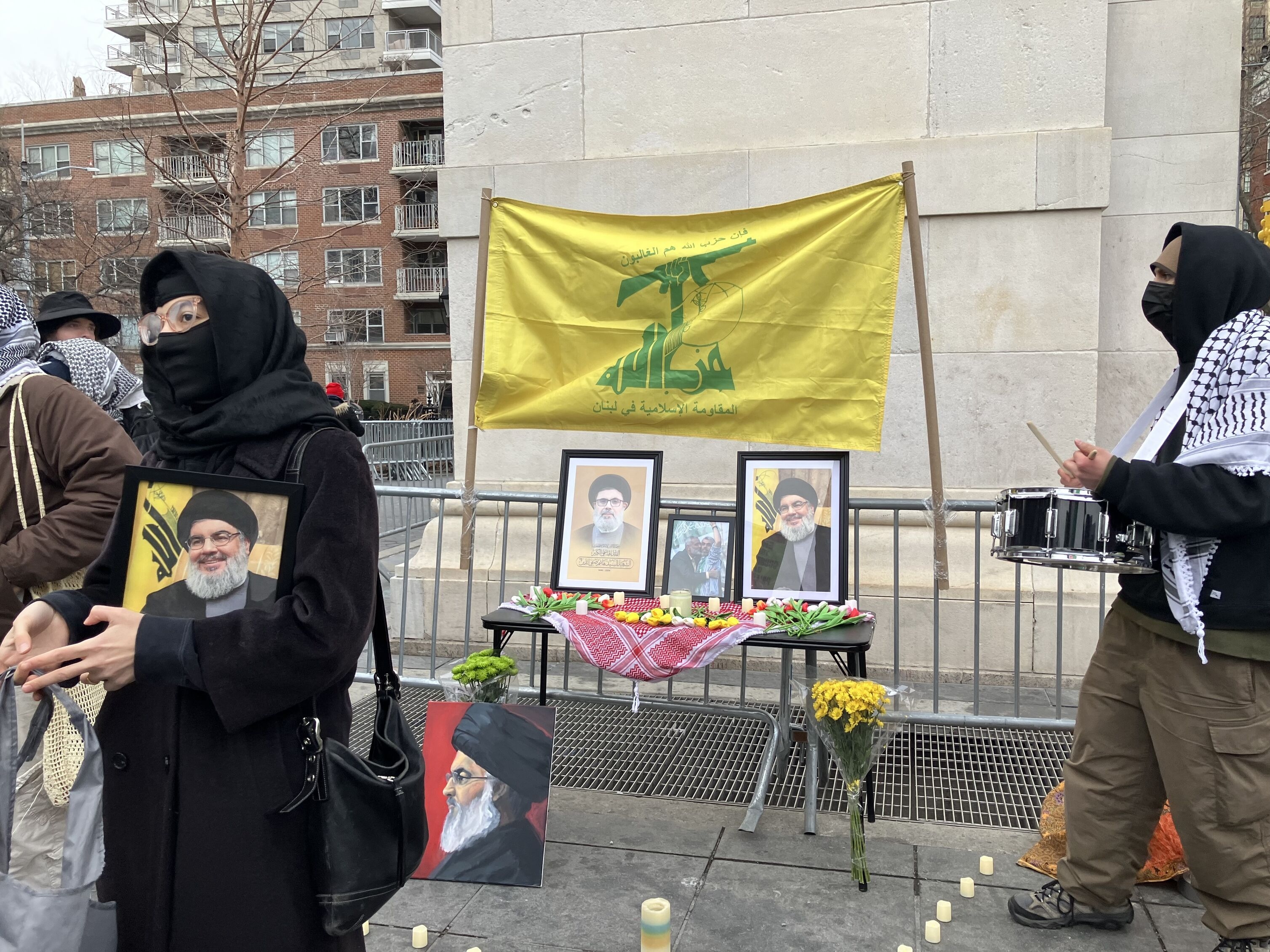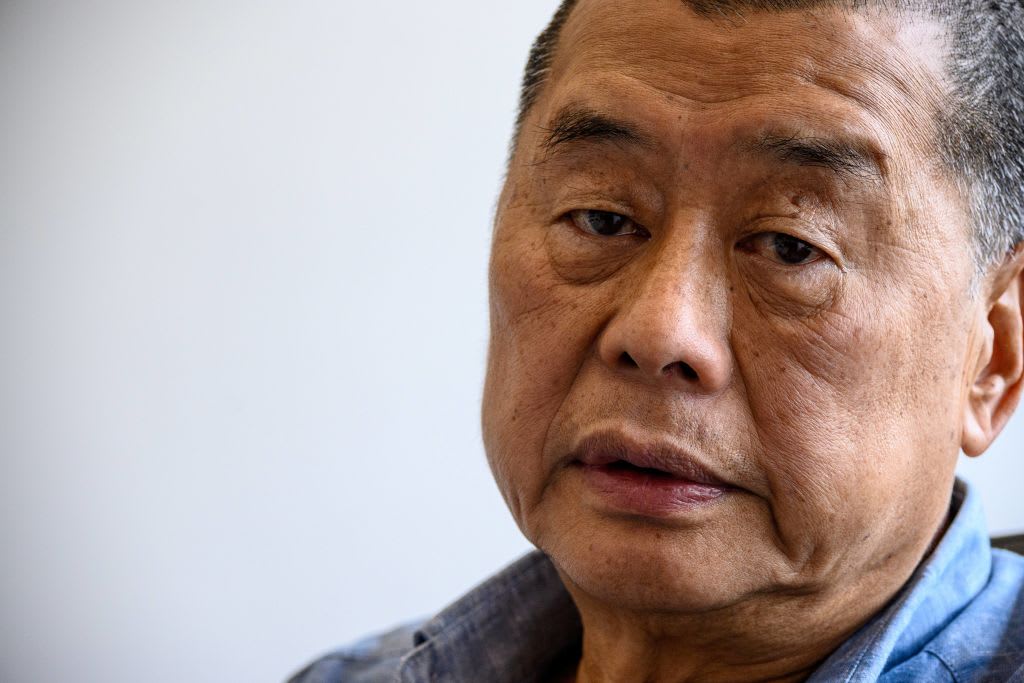Hong Kong's Tiananmen Square vigil banned for 1st time as China cracks down
For the first year in three decades, Hong Kong has been forced to break with a somber tradition. There was no sea of people on Thursday holding candles to mark China's deadly June 4, 1989 military crackdown on pro-democracy protesters in Beijing's Tian'anmen Square.
Hong Kong police banned this year's mass commemoration, saying it would violate emergency coronavirus measures prohibiting gatherings of more than eight people.
Regardless, some of the leaders of Hong Kong's pro-democracy movement vowed to show up in Victoria Park, the traditional site for the vigil, and called on all Hong Kongers to join them in marking the solemn date. Their defiance comes amid mounting fear that China's central government is working to erase the unique freedoms enjoyed in the semi-autonomous territory.
In 1997, when the United Kingdom handed its former colony back to China, Beijing vowed to let Hong Kong retain a free press, freedom of speech, an independent judiciary and other rights until 2047 under a policy known as "one country, two systems." Critics say Beijing is dramatically speeding up that timeline.
Hong Kong's government, which tilts pro-Beijing by design, stands accused of muzzling freedom of speech and assembly after last year's massive pro-democracy protests.
"Even lighting a candle seems to be a defying act," Hong Kong pro-democracy leader Lee Cheuk-yan told CBS News. The chairman of the Hong Kong Alliance in Support of Patriotic Democratic Movements of China, which organizes the yearly tribute, added: "The government is trying to tell the world, 'Okay, Hong Kong is one country, one system, and that's it. Period.'"
"We will still go into Victoria Park, to light our candle to condemn the massacre as we have done for 30 years," said Lee. He added he didn't know how the police would react, and he urged other Hong Kong residents, "wherever you are," to light candles and post pictures online from their homes across the city.
"So instead of one point in Victoria Park — which we will still go in — it will be spread all around Hong Kong to show our remembrance of what happened on June 4th and to condemn the massacre."
Earlier in the day, people had set up stalls, passing out candles in the surrounding district of Causeway Bay, one of the city's biggest retail areas.
Those who chose to stay home out of fear of arrest were encouraged to use social media and the hashtag #6431truth – a reference to the date, the 31st anniversary and the topic which remains taboo in mainland China.
Beijing has never acknowledged how many protesters died in 1989. Estimates run from the hundreds, to as many as 10,000.
China's new crackdown
Also Thursday there was another sign of Beijing's intent to erode Hong Kong's freedoms. The city's legislature, known as the Legislative Council, passed a controversial bill criminalizing abuse, alteration and mockery of China's national anthem.
The bill passed with 41 votes in favor and just one against, despite rancorous protests from the minority pro-democracy camp, members of which refused to even vote on the legislation and instead shouted slogans against the bill.
Once signed into law by Hong Kong's Beijing-appointed administrator Carrie Lam, the measure would require all elementary and high school students to learn and know how to sing the anthem and would ban any distortions or disrespect of the song.
The ratification of that legislation comes just a week after China's National People's Congress approved separate new national security laws tailor-made by the ruling Communist Party in response to last year's pro-democracy protests in Hong Kong.
That law officially bans subversion, secession, terrorism and foreign interference, but many fear Beijing will interpret them to chip away at Hong Kong's freedoms of speech, assembly, press and the independent legal system.
"We are very much worried that next year we will, again, be banned from having a candlelight vigil gathering," Lee told CBS News. "I believe next year there will not be the COVID-19 excuse. But then they will say, 'Oh, it is against the national security law to have this candlelight vigil condemning the massacre.'"
Lee, a former Hong Kong legislator, continues to push for the end of China's one-party authoritarian system and for democratic reform, despite many perceiving it as a near impossibility.
"We do not know what will happen in future. The important thing is about value. What do you believe in? We have the right to believe in democracy and freedom," he said.

